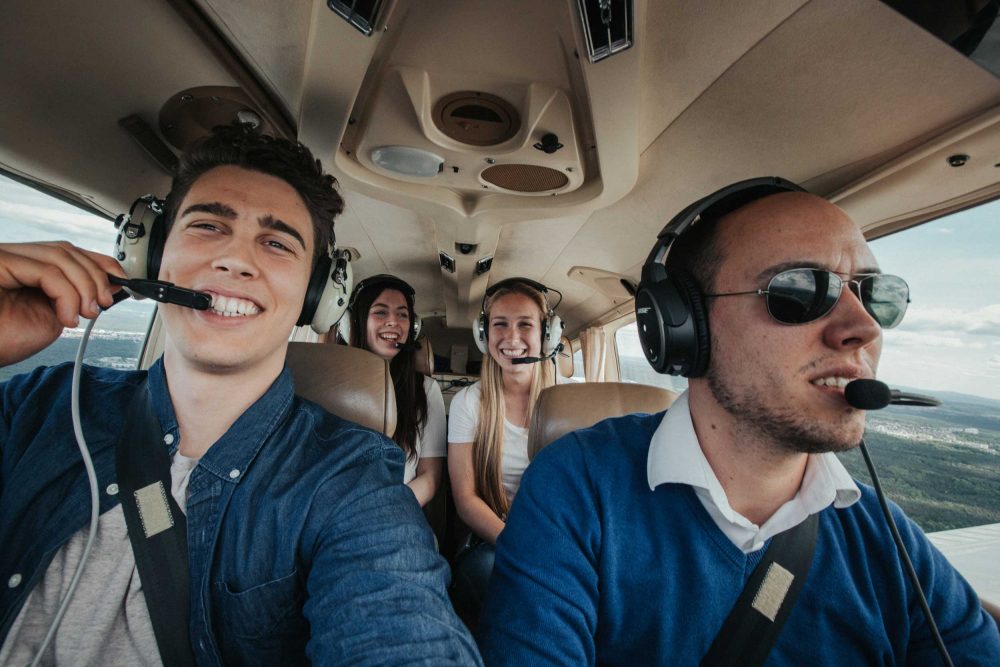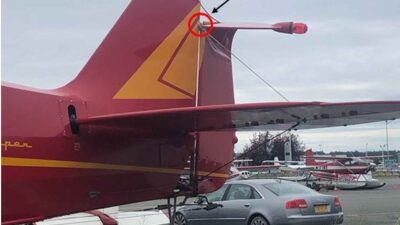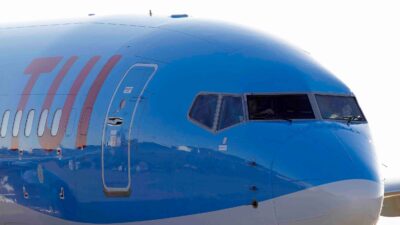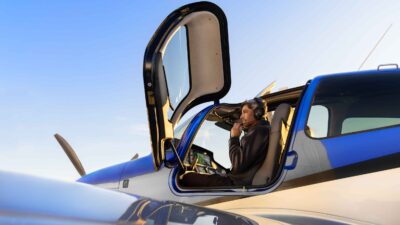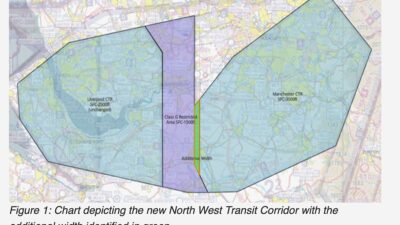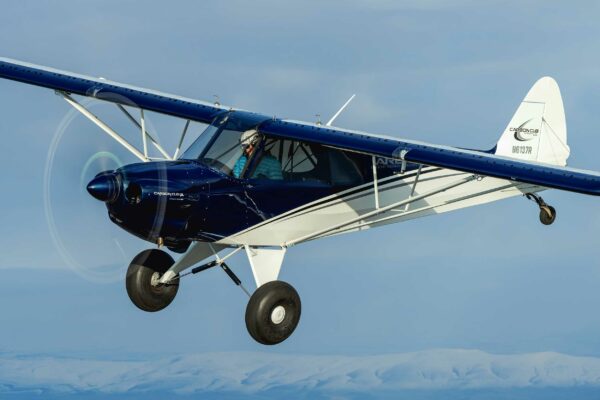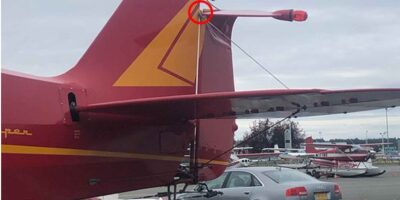Cost sharing website Wingly has criticised the CAA’s latest consultation on the advertising of such flights saying the CAA has shaped the survey questions to suit its own purpose .
Wingly gave this statement to FLYER today:
“Wingly embraces the CAA’s new consultation regarding flight advertising, demonstrating the regulatory body’s attempted commitment to thoroughly assessing the impact of its actions. It looks to be that the CAA seeks to ensure that its regulations do not inadvertently curtail cost sharing platforms without a clear majority consensus within the General Aviation (GA) community.
“Nevertheless, we regret that the CAA has only solicited feedback on a single phrasing that could potentially render the current use of such platforms illegal for private pilots in the UK. The failure to consider alternative wording options introduces a bias into the consultation, seemingly favours the CAA’s existing project.
“This consultation presents a pivotal opportunity for pilots, especially those within the Wingly community, to have their voices heard and assert their rights. However, the timeframe is limited, spanning just 28 days.
“At Wingly, we consider this our last opportunity to influence the outcome. Should a substantial number of pilots voice their opposition to advertising restrictions within regulation, the CAA may be compelled to reconsider its chosen language. Conversely, if the community’s response remains inadequate, it’s possible that our platform may cease operations in the UK. To address this critical juncture, we have prepared a presentation outlining the responses we recommend our pilots provide in response to the consultation.
“It is vital to recognise that, contrary to the CAA’s stance, the proposed language will effectively render Wingly illegal for 99% of the pilots currently utilising our platform in the UK.
“The consultation document titled Consultation: UK Cost Sharing Flights: Advertising clearly outlines the impending illegality of platform usage. The example A in paragraph 3.12 enlightening what will become illegal, illustrating the case of a retired pilot posting flights he enjoys doing and indicating potential availability on specific days, mirrors the typical usage of 99% of our pilots. Non-retired pilots also often specify repeated weekend availability. The CAA confirms that this practice will become illegal under the new regulations since the retired pilot may not actually fly on the stated days.
“The reality is that finding friends and family to fly with is relatively straightforward in the initial years after obtaining a Private Pilot Licence (PPL). Yet, as time passes and the inner circle exhausts these opportunities, many pilots struggle to find companions, which can lead to reduced flying activity and a minimal extension of their PPL. This is where Wingly plays a crucial role.
“Approximately 99% of the nearly 15,000 flights undertaken by pilots on Wingly each year would not occur without the pilot finding passengers to share the experience. This is the core purpose of Wingly: enabling private pilots to fly more frequently on the same budget, enhancing safety through increased recent flight hours, especially in times of rising costs.
“The example provided by the CAA highlights that the current use of Wingly would indeed become illegal, but the CAA maintains a contradictory position, acknowledging the safety benefits of platforms like Wingly while simultaneously proposing language that would prohibit their use.
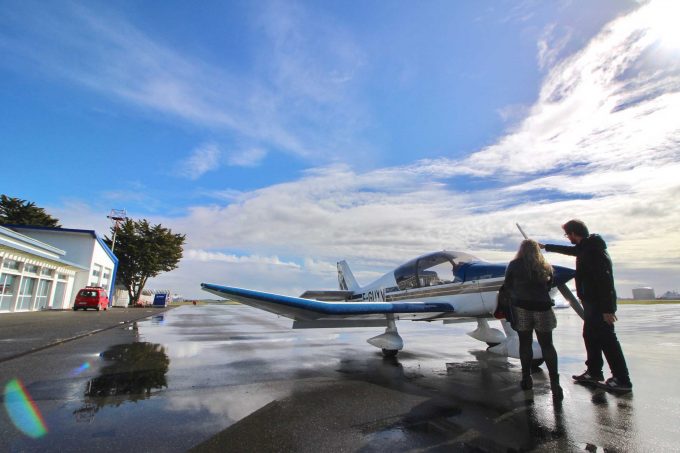
Wingly says flight sharing enables pilots to fly more and thus stay current – and safer
“This is not a mere detail that Wingly can adapt to; it strikes at the heart of the platform’s essence. If the CAA’s current wording is implemented, Wingly would have no choice but to cease operations in the UK.
“In conclusion, if the CAA’s aim is to combat illegal grey charters while impeding retired pilots from pursuing their aviation passion through our platform, Wingly remains steadfast in defending the rights of these pilots. We refuse to concede defeat. Often, the truth prevails for those who tenaciously fight for it.
“In 2016, the UK CAA provided us with legal validation, encouraging the launch of our platform in the country to promote more frequent flying by private pilots, thereby enhancing safety. We now hope to prevent the CAA from making a 180-degree reversal on this commitment.”
Wingly


